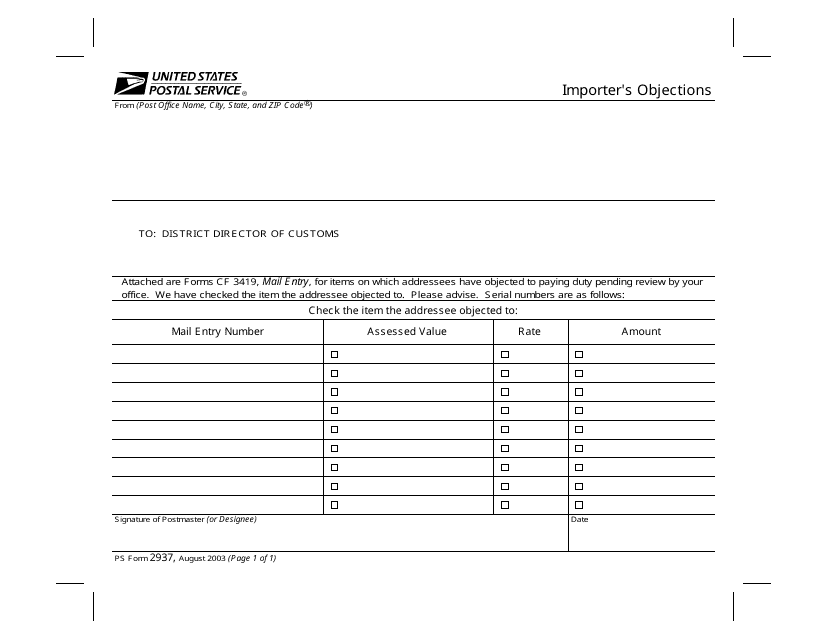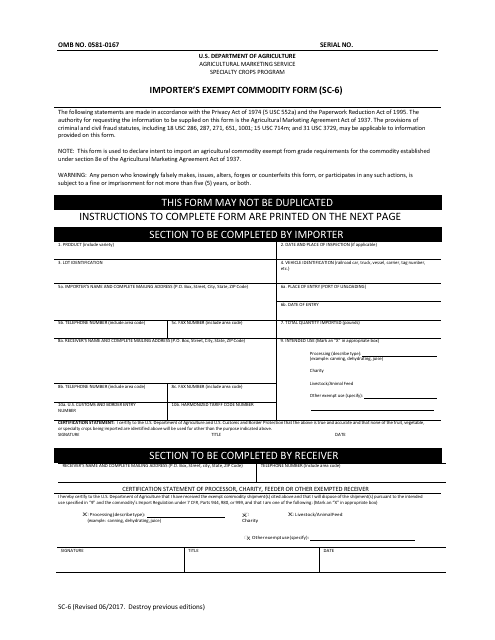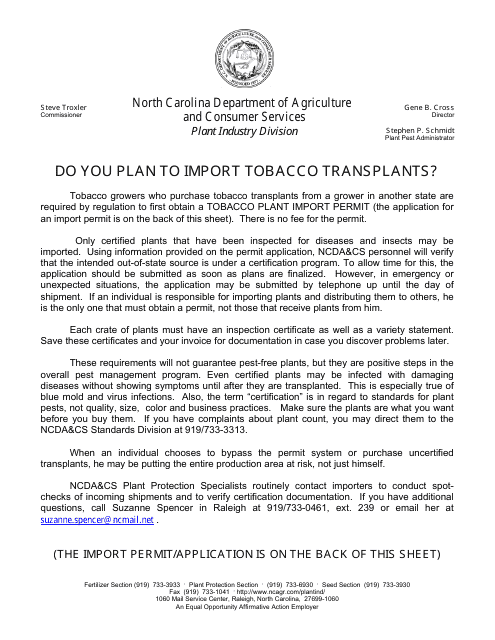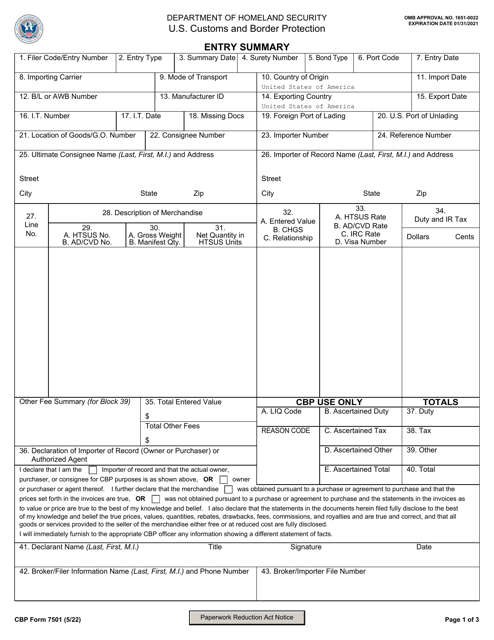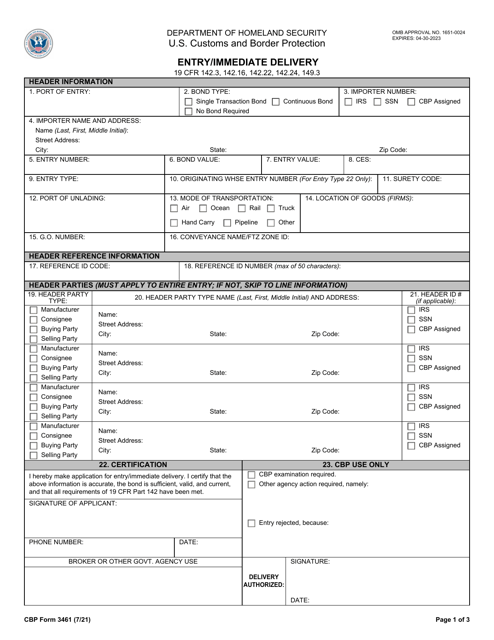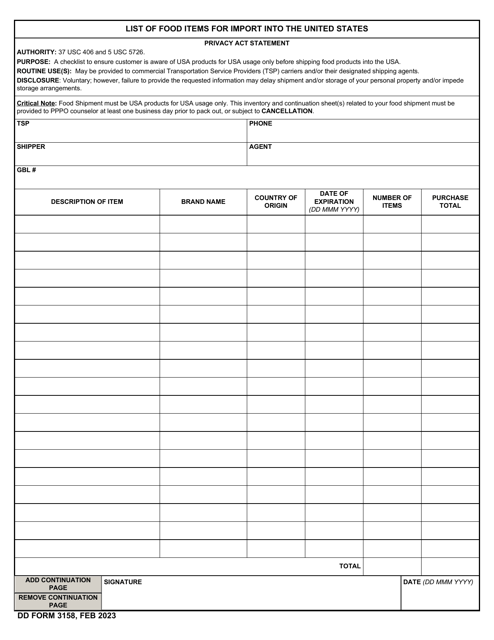Import Requirements Templates
Are you planning to import goods into the United States or other countries? It's important to familiarize yourself with the import requirements, also known as the import regulations or import documentation. These documents are essential for ensuring a smooth and legal process when bringing goods across borders.
The import requirements consist of a collection of important documents that you need to adhere to in order to comply with customs regulations and facilitate the importation process. These documents may vary depending on the type of goods being imported and the country in which you are operating. They help customs authorities verify the nature, value, and origin of the imported goods, ensuring compliance with relevant trade laws.
One of the commonly used import requirements documents is the PS Form 2937 Importer's Objections. This form allows importers to raise objections or challenges related to the import process. It serves as a platform for communication between the importer and the customs authorities, ensuring that any discrepancies or concerns are addressed promptly.
Another important document in the import requirements collection is the Form SC-6 Importer's Exempt Commodity Form. This form is specifically designed for importers of commodities that may be exempt from certain import regulations or duties. By submitting this form, importers can claim exemptions and streamline the importation of their goods.
If you're importing tobacco products, you may come across the Tobacco Plant Import Application / Permit - North Carolina. This document is specific to North Carolina and is used for importers looking to bring tobacco plants into the state. It enforces regulations surrounding the import of tobacco plants to protect against the spread of diseases and pests.
The CBP Form 7501 Entry Summary is another crucial document in the import requirements collection. This form is used by importers or their agents to declare the imported goods, their value, and the duties or taxes owed to customs authorities. It serves as a vital record of the imported goods and facilitates the clearance process once the goods arrive at their destination.
Adhering to the import requirements not only ensures compliance with customs regulations but also facilitates a smooth importation process. By having the necessary documents ready and accurately completed, you can reduce the risk of delays or additional fees associated with noncompliance.
So, whether you're an individual or a business planning to import goods, make sure you familiarize yourself with the import requirements. They are crucial for a successful importation process and can help you avoid potential pitfalls or challenges along the way. Ensure your importation journey is hassle-free by staying informed and prepared with the necessary import requirement documents.
Documents:
8
This form is used for importers to submit objections regarding the shipment of goods.
This form is used for importing exempt commodities and is required for certain importers.
This document is for individuals or businesses in North Carolina who want to import tobacco plants.
This form serves to describe relevant information about the imported commodity, such as its origin, classification, and appraisement. The information is used to record the amount of tax and duty paid.
Fill out this form when you import items into the United States. The Customs and Border Protection (CBP) uses this information to verify that the consignee and shipment details are correct, and a bond is in the CBP records.
This document is a list of food items that are allowed to be imported into the United States. It is used to ensure the safety and legality of imported food products.

